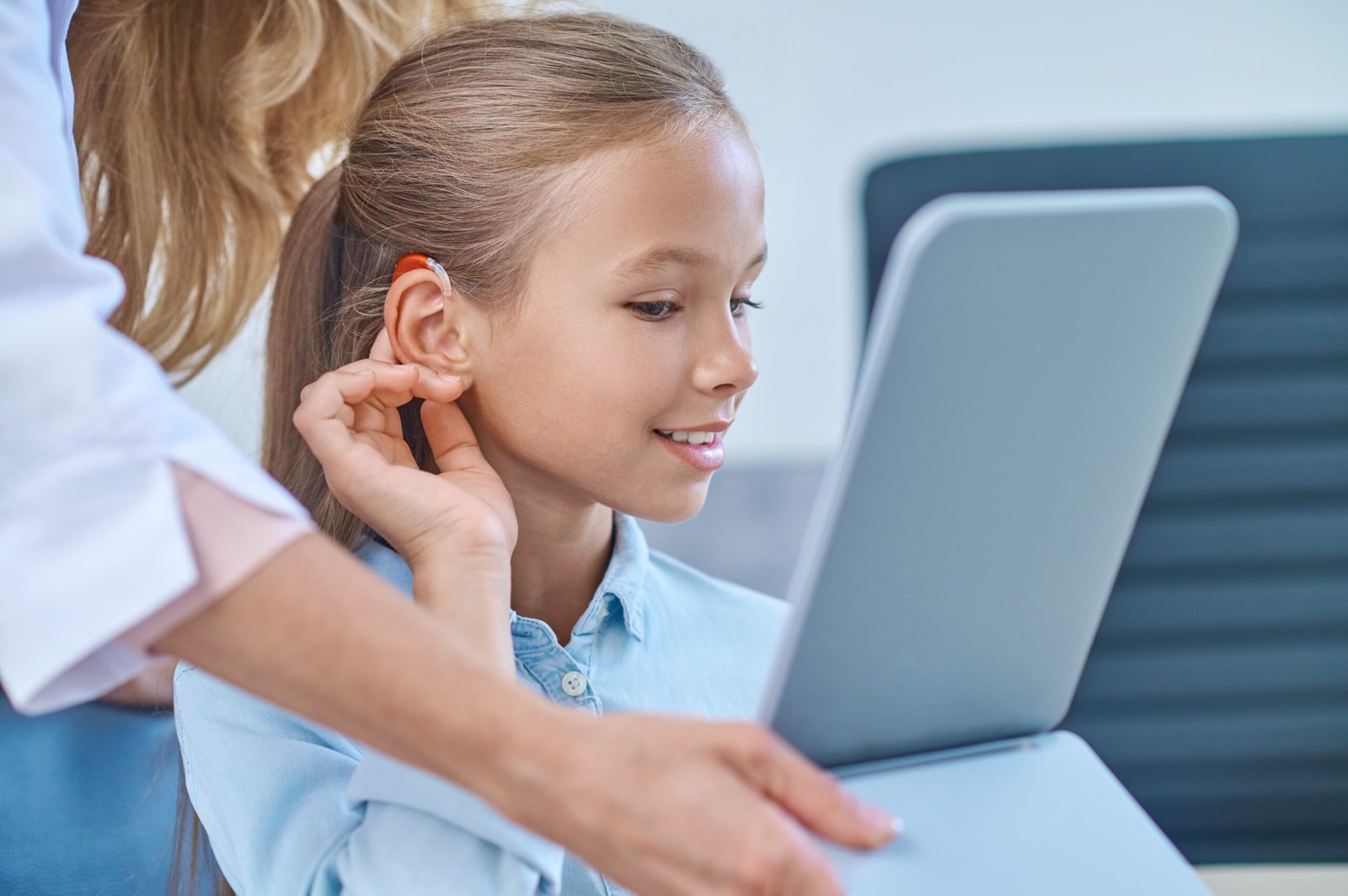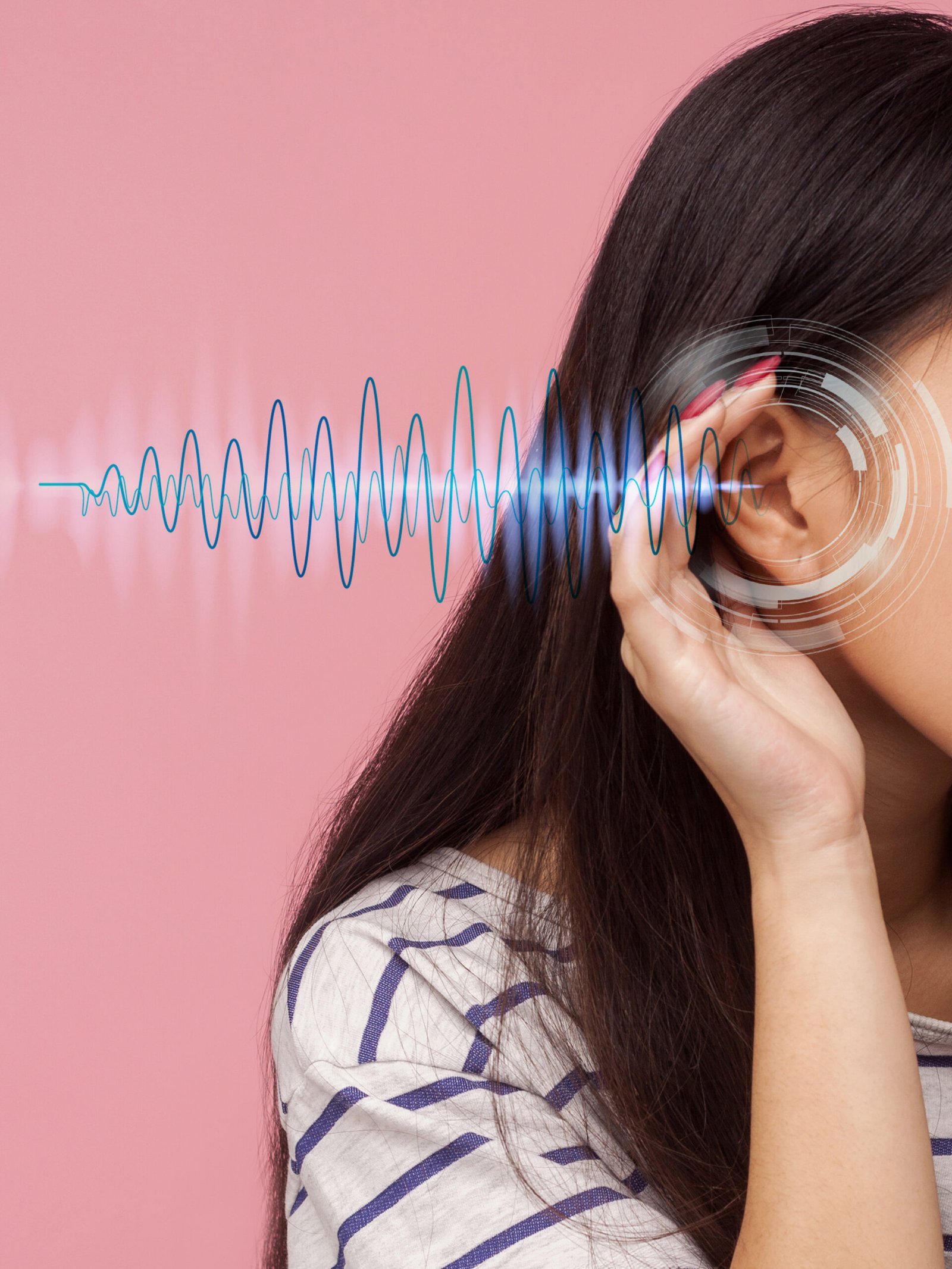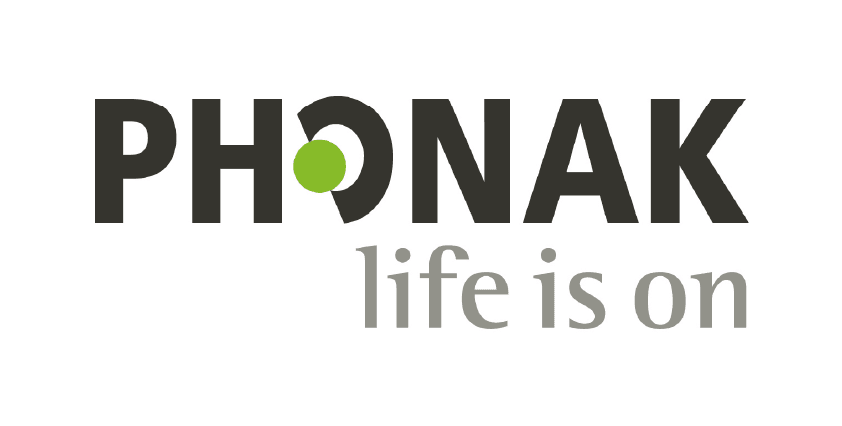Passionate – Dedicated – Professional
The World of Sound Awaits: Paediatric Audiology at BestHear Swansea.
At BestHear Swansea, we understand the importance of clear and confident hearing for children. It’s the foundation for developing language skills, building social connections, and thriving in their formative years. If you have any concerns about your child’s hearing, our dedicated team of paediatric audiologists is here to help.
Passionate – Dedicated – Professional
Why Choose BestHear Swansea for Your Child’s Hearing Assessment?
We offer a whole range of hearing tests to ensure we offer the best adice and services to improve your child’s hearing.
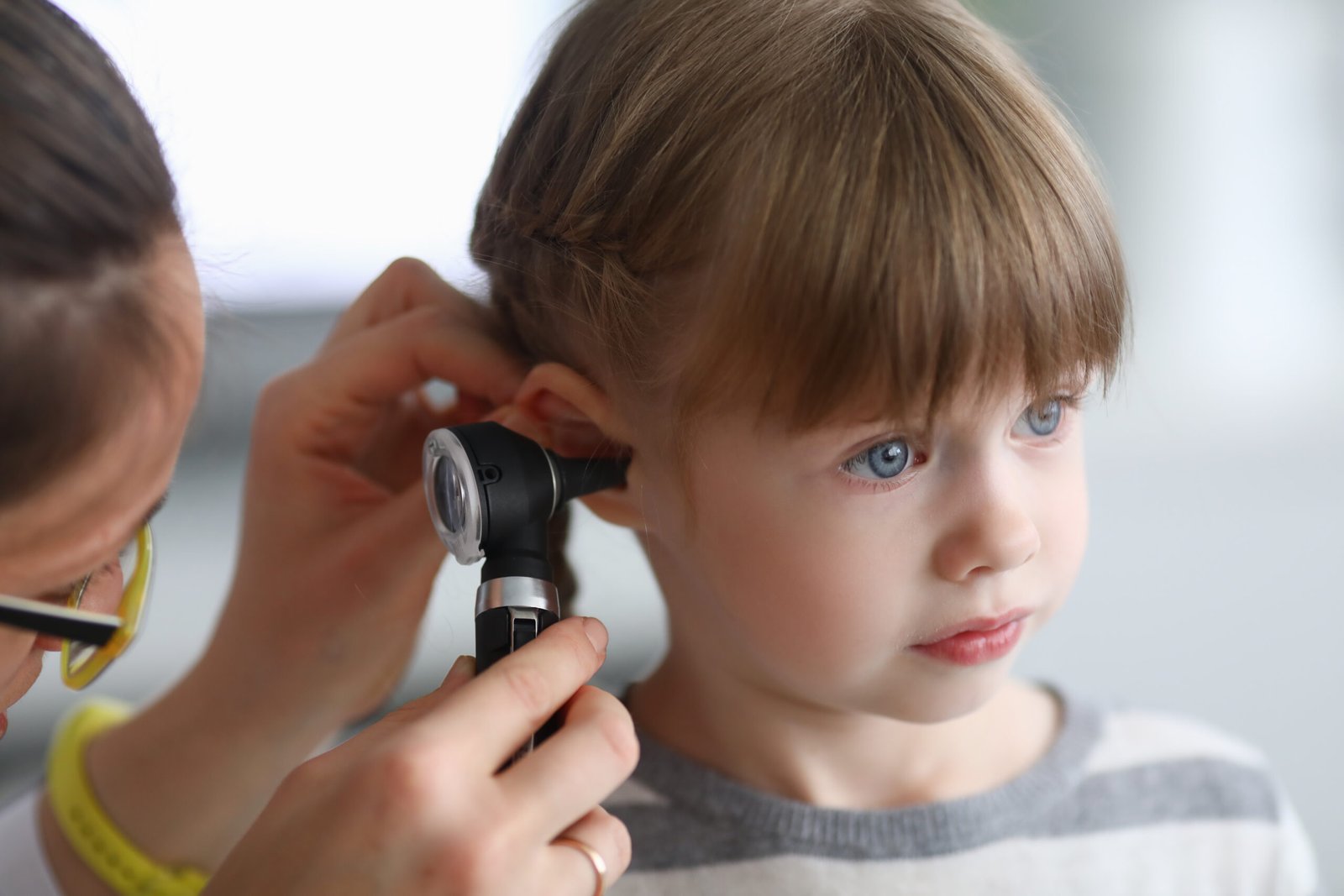
Expert Care:
Our audiologists are highly trained and experienced in working with children of all ages, from newborns to teenagers. We understand the unique needs and anxieties children may experience during a hearing test and strive to create a comfortable and welcoming environment.
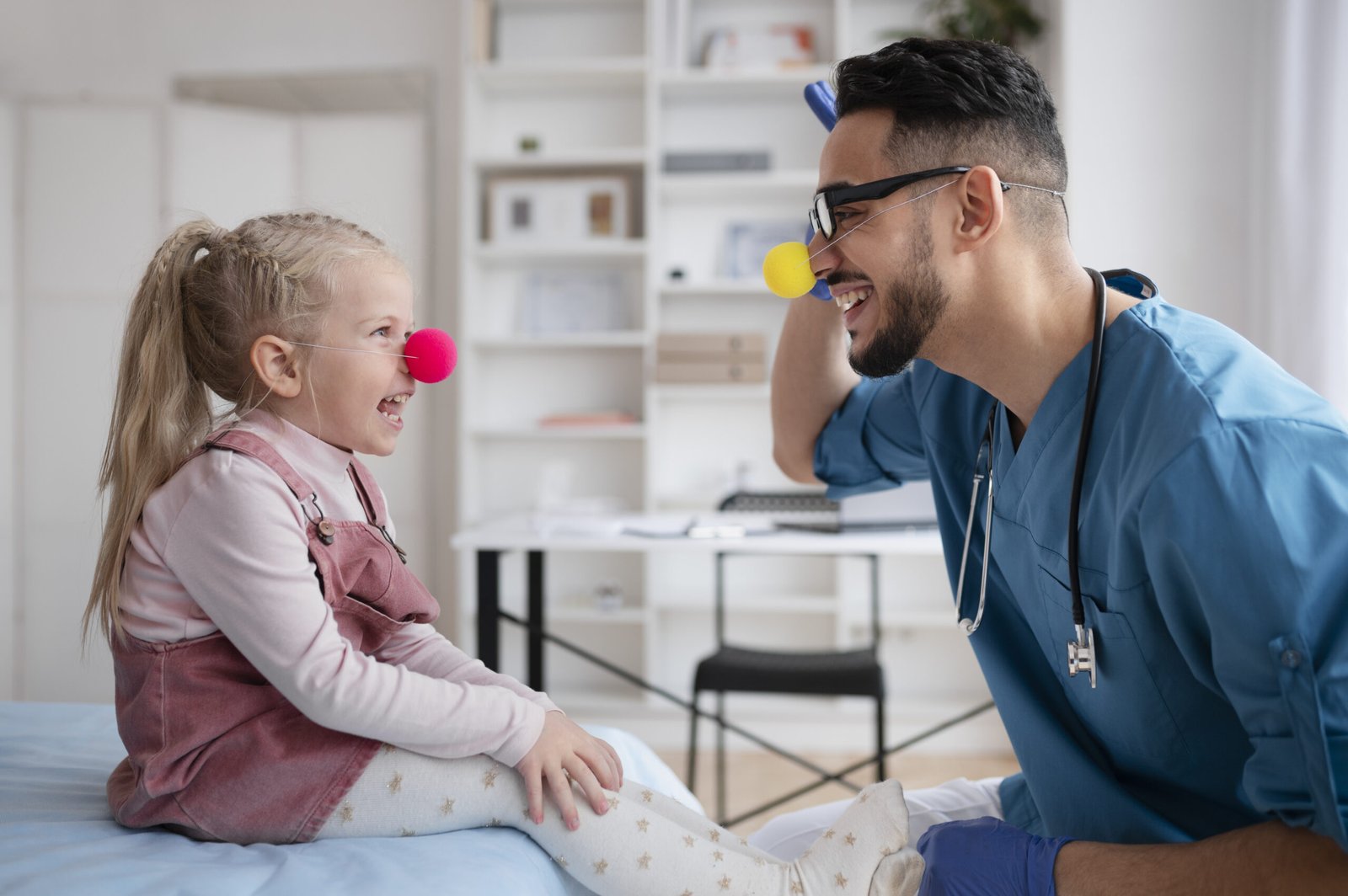
Playful Approach:
We utilise age-appropriate techniques and games to make the hearing evaluation process fun and engaging for your child. This helps us gather accurate results while minimizing stress.
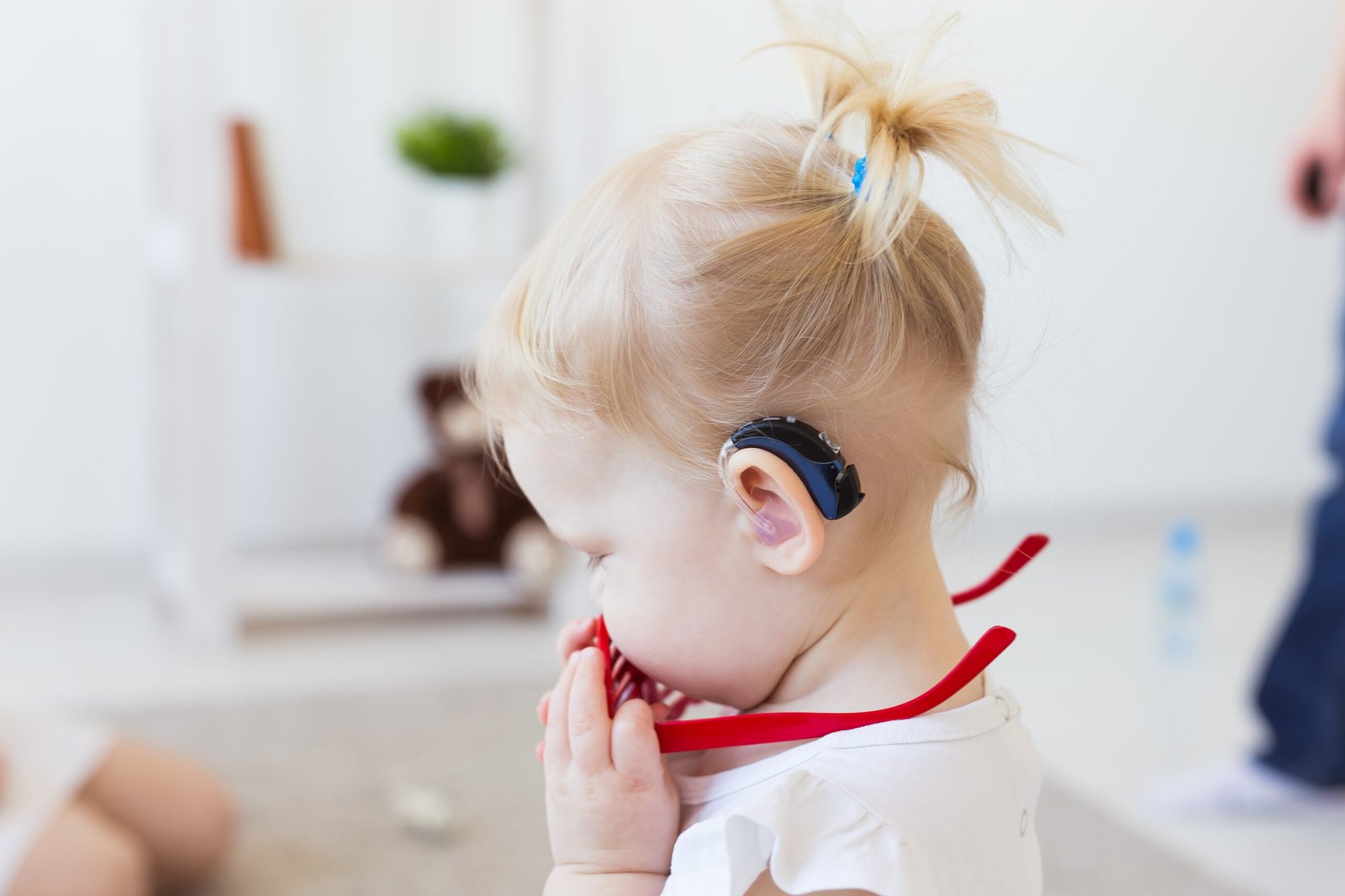
Advanced Technology:
We employ cutting-edge equipment to perform thorough hearing assessments. This ensures early detection of even mild hearing loss and allows us to provide the most effective treatment options.

Compassionate Support:
We understand that any concerns about your child’s development can be worrisome. Our team will provide clear communication, answer all your questions, and work with you every step of the way.
Passionate – Dedicated – Professional
What to Expect During a Paediatric Hearing Test
The hearing assessment for your child will be tailored to their age and developmental stage. Some methods we use include:
- Otoacoustic Emissions (OAE): This painless test measures the inner ear’s response to sound, suitable even for sleeping infants.
- Auditory Brainstem Response (ABR): This test assesses the brain’s response to sound waves, often used for very young children or those unable to follow instructions.
- Visual Reinforcement Audiometry (VRA): This play-based test uses rewards to encourage young children to respond to sounds.
- Behavioral Observation Audiometry (BOA): This fun and interactive test uses games and activities to assess the hearing capabilities of older children who can follow instructions.
Passionate – Dedicated – Professional
Frequently Asked Questions
If your child is diagnosed with hearing loss, our audiologists will discuss appropriate treatment options, including hearing aids and early intervention therapies.
No, hearing tests are painless and non-invasive. We strive to create a comfortable and engaging environment for your child.
The process involves a combination of behavioral and electrophysiological tests, tailored to your child’s age and development. These may include play-based activities, sound-evoked responses, and observation.
Early detection and intervention are crucial for a child’s language development, speech, and overall cognitive development.
Regular hearing screenings are recommended, especially for infants and young children. Your audiologist can advise you on the appropriate frequency of testing based on your child’s individual needs.
Passionate – Dedicated – Professional
Hearing Aids for Children: Helping Little Ears Hear the World
If your child has been diagnosed with hearing loss, hearing aids can be a life-changing solution. At BestHear Swansea, we specialise in providing high-quality hearing aids specifically designed for children. Learn about how pediatric hearing aids can be a perfect solution to your childs hearing loss needs;
- Durable: Built to withstand the active lifestyle of children.
- Comfortable: Designed to fit comfortably and discreetly.
- Powerful: Deliver clear sound, even in noisy environments.
- Water Resistant: Perfect for active kids who love playing outdoors
The Hearing Aid Fitting Process for Children
The hearing aid fitting process for children is tailored to their individual needs and developmental stage. Here’s a general overview:
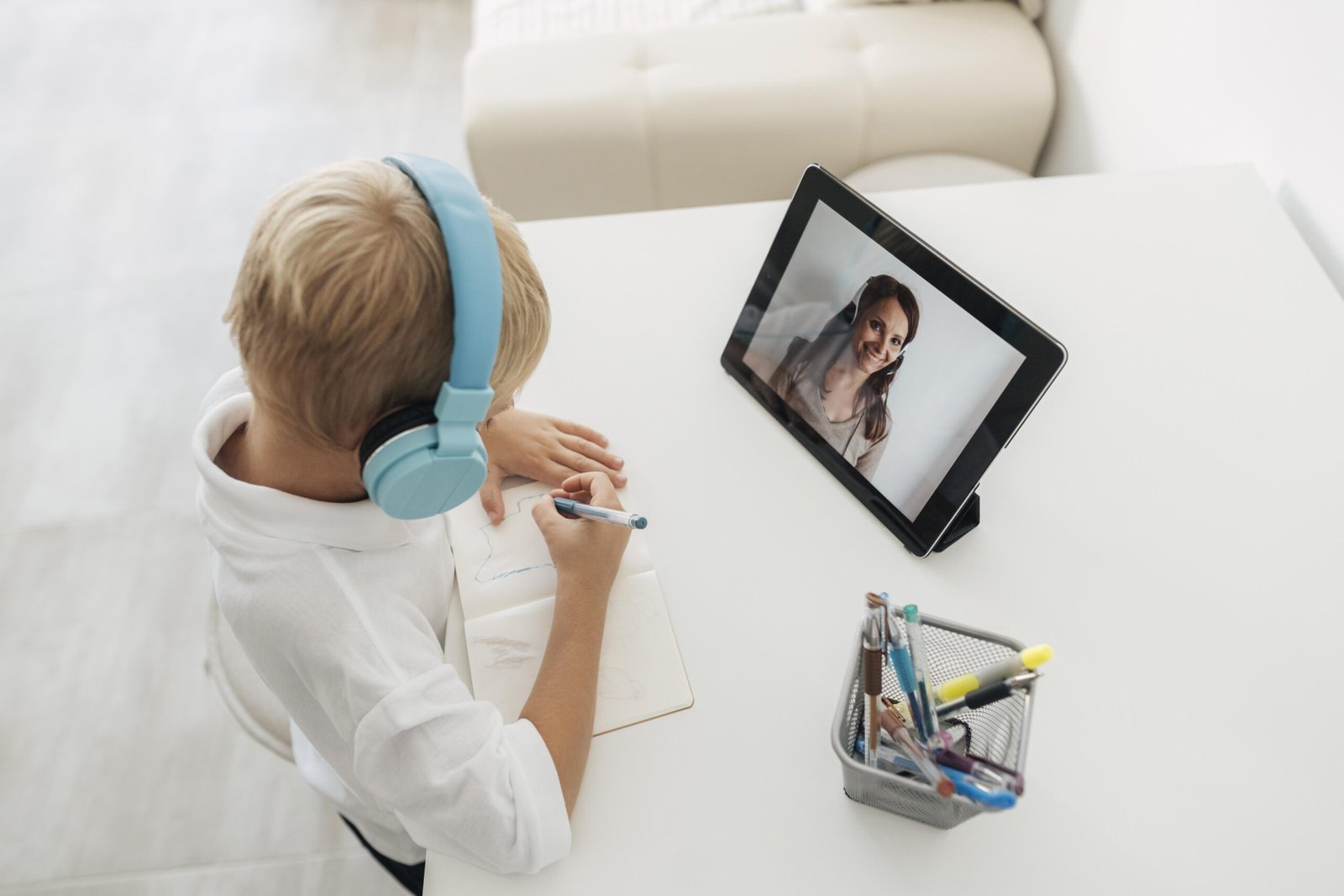
Comprehensive Hearing Assessment:
Our experienced audiologists will conduct a comprehensive evaluation to determine the specific type, degree, and configuration of your child’s hearing loss. This includes assessing the sensitivity of their hearing at different frequencies, understanding their ability to distinguish sounds in noisy environments, and identifying any potential underlying medical conditions. By carefully analyzing these factors, we can recommend the most suitable hearing aid solution to meet your child’s unique needs.

Hearing Aid Selection:
We’ll carefully select hearing aids that are appropriate for your child’s age, lifestyle, and specific needs. We offer a range of hearing aid styles, including behind-the-ear (BTE), receiver-in-canal (RIC), and in-the-ear (ITE) devices, each with its own advantages. Our audiologists will work with you to choose the best option that balances comfort, discretion, and performance.

Custom Fitting:
Our audiologists will ensure a proper fit to maximise comfort and performance. We’ll carefully adjust the hearing aids to fit your child’s ears comfortably and securely, minimising any discomfort or irritation. A proper fit is essential for optimal sound quality and retention, ensuring your child can enjoy clear and natural sound throughout the day.

Programming and Fine-Tuning:
We’ll program the hearing aids to amplify sounds appropriately and reduce background noise, ensuring your child can hear clearly and comfortably in various listening environments. Our advanced programming techniques, including the innovative HearEKA system, allow us to fine-tune the hearing aids to your child’s specific needs, optimising their sound quality and enhancing their listening experience.
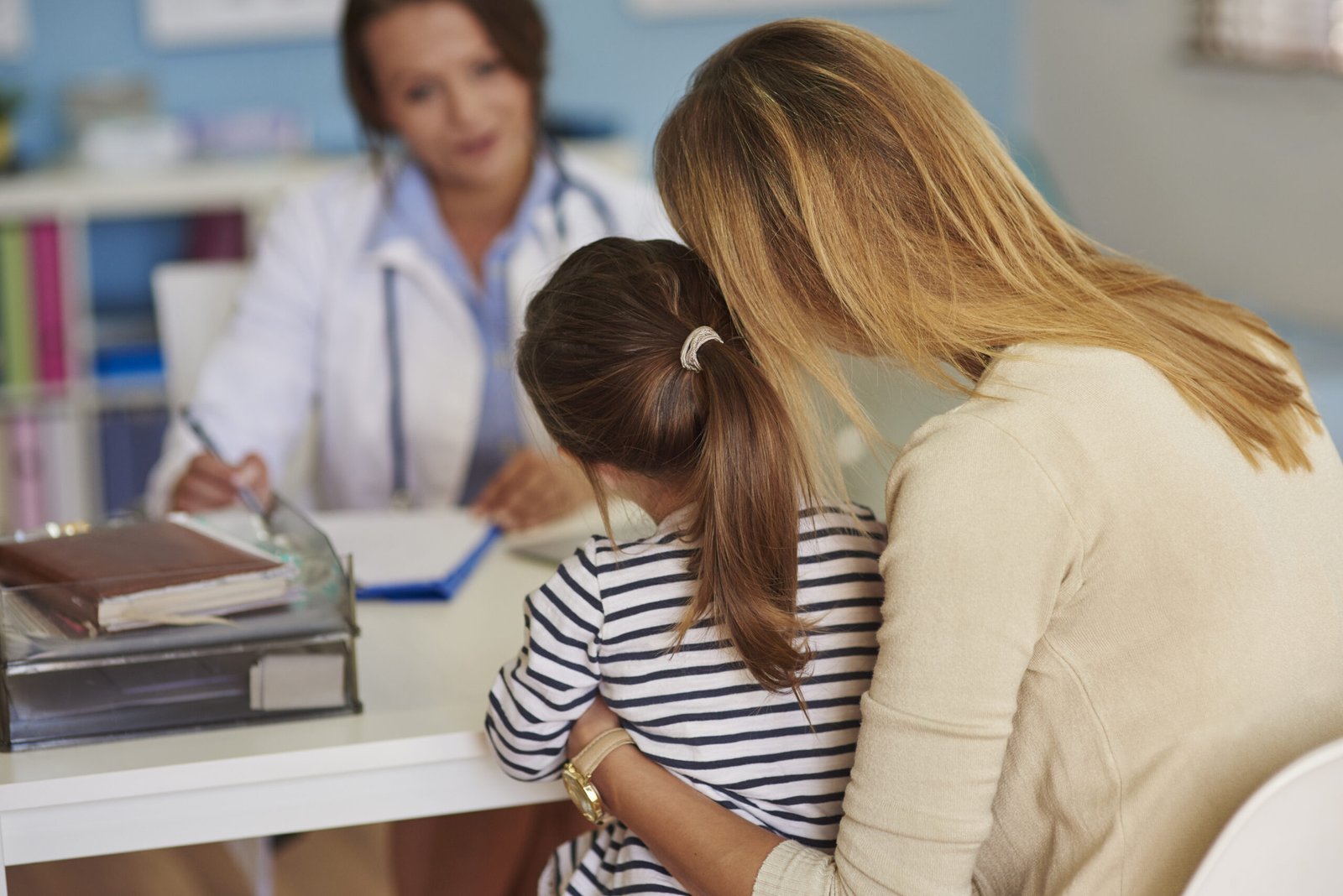
Regular Follow-up:
We’ll monitor your child’s hearing and adjust the hearing aids as needed to ensure optimal performance and comfort. Regular follow-up appointments allow us to assess your child’s hearing progress, make any necessary adjustments to the hearing aid settings, and address any concerns or questions you may have. Our goal is to provide ongoing support and ensure that your child’s hearing aids continue to meet their evolving needs.
Passionate – Dedicated – Professional
Frequently Asked Questions
We recommend registering your child’s hearing aids with the manufacturer’s lost and found service. Additionally, consider purchasing a hearing aid lanyard or case to help prevent loss.
Absolutely! Modern hearing aids are designed to be water-resistant and shockproof, making them suitable for active lifestyles.
Hearing aids can be fitted to children of all ages, even infants.
Positive reinforcement, patience, and consistent use are key. Encourage your child to wear their hearing aids regularly and celebrate their successes.
As children grow and develop, their hearing needs may change. Regular check-ups and adjustments are essential to ensure optimal performance and comfort.
The lifespan of hearing aids can vary depending on factors such as technology advancements and usage. Your audiologist can advise you on the optimal replacement schedule.
Early intervention with hearing aids can significantly improve a child’s language development, speech, and overall cognitive abilities. It can also help them to develop social skills and self-confidence.
The cost of paediatric hearing aids can vary depending on the specific model and features. We offer a range of options to suit different budgets and needs.
Yes, modern paediatric hearing aids are designed to be durable and withstand the active lifestyle of children. They are often made from robust materials and have features to protect them from damage.
Our audiologists will provide specific cleaning instructions tailored to your child’s hearing aids. Generally, gentle cleaning with a soft cloth and mild cleaning solution is recommended.
Passionate – Dedicated – Professional
what people are saying

Incredible service. Armaj went above and beyond to ensure my hearing aids were fit as perfectly as possible, guiding me through every step in a professional and caring manner. Highly recommend.
BestHear Patient – Google Reviews

Came here for my first ever wax removal treatment following recommendation from my GP. To my amazement I was able to book a slot that suited me on the same day of treatment!
BestHear Patient – Google Reviews

21/11/24 — editing my review to add that I went back to BestHear today and had another fantastic experience. Dr Armaj Ali took another look at my ears and removed the remainder of the ear wax that was causing issues which has relieved the problems I had and has also helped with the stress and anxiety I felt regarding my ear health. He also conducted two types of hearing tests to ensure my hearing was as it should be and recommended what I can do moving forward to improve any dryness in my ears and to prevent the same thing happening again. I left feeling physically and mentally better and am really happy with the results! Dr Armaj Ali also did this free of charge for me following the previous appointment!
Overall, an excellent service, friendly staff that go above and beyond for you, a lovely atmosphere and brilliant results! There is also free parking on site :)
Thank you so much!
I can’t recommend the service at BestHear highly enough; the most thorough clinical appointment I have ever received for any medical condition in my entire life!
If all medical care was this good, the nation would be in better health! 👏
At BestHear, my mums hearing was examined thoroughly and diagnosed with what had been causing her issues throughout the years but previous visits to the GP etc never resulted in any substantial improvements.
This diagnosis at BestHear resulted in her being provided by a different hearing aid, which improved her hearing substantially. The difference was like night and day, and my mum can hear better now and is much more comfortable and satisfied than she has been the last 5-6 years with her hearing now.
This is due to the expertise & knowledge provided at BestHear and how thorough they were in what they do. Their 'Heareka' is literally life changing as I have seen the noticeable difference in how my mum is now able to hear us without us asking to repeat ourselves.
Besthear makes things understandable and comforting when explaining what they are doing and why, which is always reassuring.
They have recently seen my dad, who they also diagnosed with an issue which he has visited the doctors for as well now.
I am grateful & appreciate everything that has been done at BestHear and can't recommend them enough, you won't regret it & it will be life changing for you as well.
They are an expert at what they do, have the knowledge to explain it to you & always make the whole process comforting and convenient for you.
Thank you.
I have no hesitation in recommending BestHear to anyone requiring quality of supply and service.
Large number of people that I know who attended the clinic:
It is a top level clinic at all levels. Very professional and well equipped with modern instruments that helps to examine and treat patients after a careful discussion of the client's history. I strongly recommend the clinic and staff.
DR.M.IZZIDIEN
SWANSEA
My mother was struggling with hearing loss and increasing isolation. The very thorough testing of her hearing revealed significant loss. The hearing aids we chose are wonderfully discreet and my mother finds them very comfortable to wear. The aids have literally transformed her ! She is much more engaged, much happier in herself and can hear a pin drop !!
Armaj who carried out the testing is fantastic with Mum and strove to get the aids exactly right, taking considerable time and showing great professionalism. The after care has been excellent.
I am very happy we found BestHear to assist my mother. The process has been transformative and I have no hesitation in recommending them.
I was offered a free hearing test that identified a perforated drum and some hearing deficit. I left with information for consideration about future options. There was no pressure to proceed at that stage.
I would have no reservations in recommending BestHear and Amarj Ali to anyone needing ear wax removal and will return without hesitation. Hearing deficit due to impacted wax had affected many aspects of my everyday living and communication but since removal this has changed for the better.

